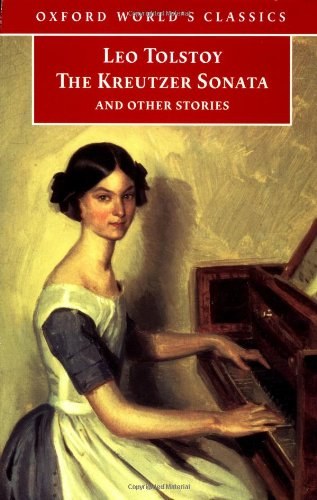
《Kreutzer Sonata and Other Stories》克罗伊策奏鸣曲与其他故事:为何没有平等,我们仍要珍视生命

坚强的小松鼠 2023-07-23 05:10:35
Family Happiness (1859), The Kreutzer Sonata (1889), The Cossacks (1863), and Hadji Murad (1904) are four novellas that span almost half a century of Tolstoys writing career. On one hand, they explore themes of family and love, while on the other hand, they delve into the realms of war and death.
In terms of womens issues, despite Tolstoys mastery of writing techniques, his perspectives remain outdated, tainted by the male gaze and exposing his biases. However, when it comes to war and death, his novels become captivating. In "Guling Street," Honeys characterization of "War and Peace" as a martial arts novel is reasonable and fitting.
When facing death, his male characters exhibit affirmation of life, while in their encounters with women and love, they embody denial of the female. This highlights Tolstoys limitations: affirming male life by negating the female. He never considered womens liberation, resorting to suppressing male desires to maintain male dominance.
Affirmation of life either comes through sacrificing oneself in war or sacrificing the joy of love. He never contemplated the possibility of true equality among people without sacrifice or repression. Dostoevsky reduced Tolstoys novels to "landowners literature," possibly because Tolstoy never viewed his reality with an equal gaze. Novels should raise meaningful questions about how to confront life and maintain equality while distinguishing between good and evil. They should not directly provide answers but rather harbor the potential to answer them.
相关推荐
萤火谷的梦想家
艾莉森•麦吉出生于1960年,是美国《纽约时报》畅销书作家,同时也是大都会州立大学创意写作课的教授。她的作品被翻译成20多种语言并出版,也曾被提名普利策奖,并获得苏斯博士奖金奖、克里斯托弗图书奖、美国 [美]艾莉森•麦吉/[美]克里斯托弗•丹尼斯/绘 2023-03-27 16:50:25鬼马女神捕1·绝密卧底(上)
腹黑凤凰vs毒舌鸡妖——蓝翎:“小姬,跟我去人界吧!”姬十四:“干吗?让人宰了我做小鸡炖蘑菇吗?”蓝翎:“不啊,让妖怪宰了你做小鸡炖蘑菇更气派。”凤凰蓝翎和鸡妖姬十四生活在无忧无虑的灵界。他们的故乡叫 郝天晓 2023-04-17 00:22:47© 2023-2025 百科书库. All Rights Reserved.


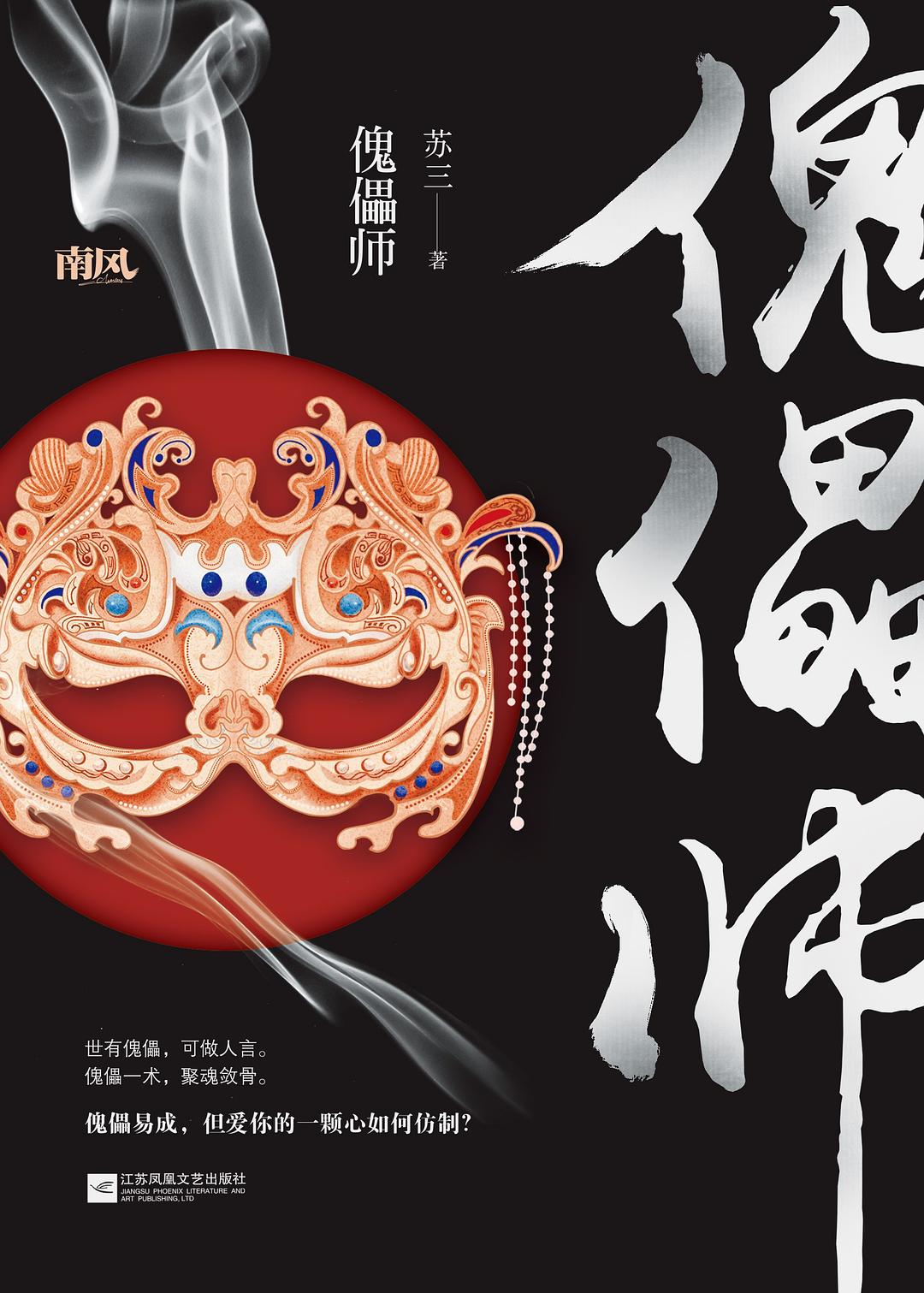
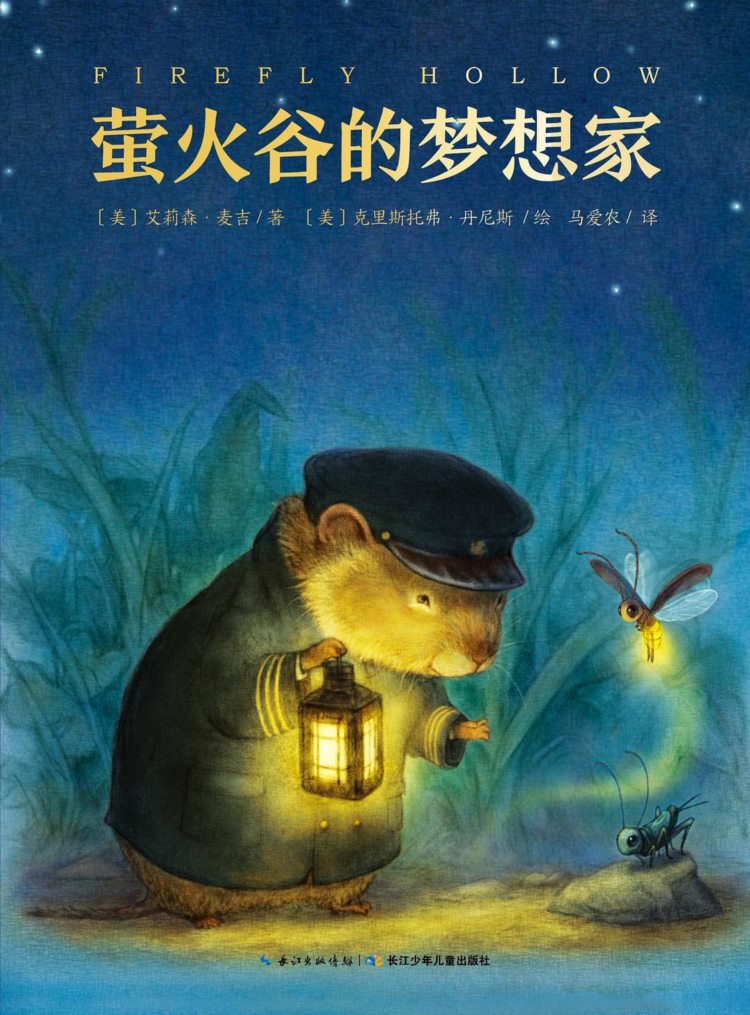
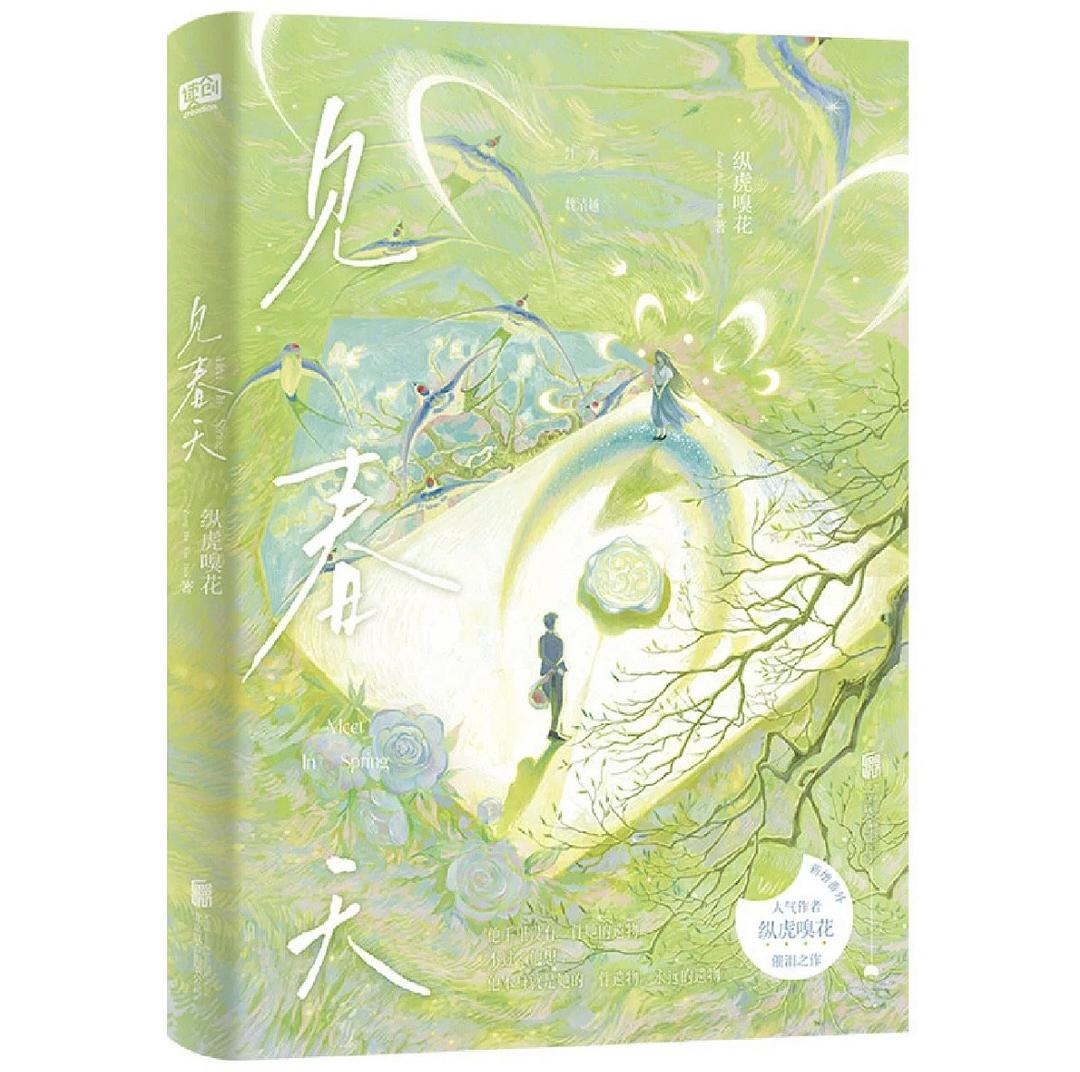
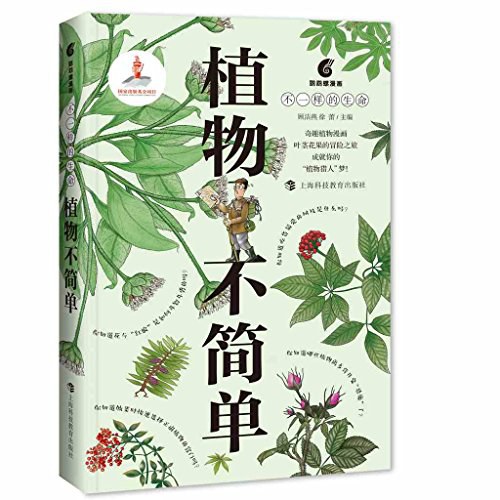


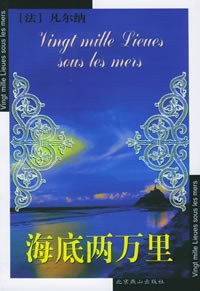

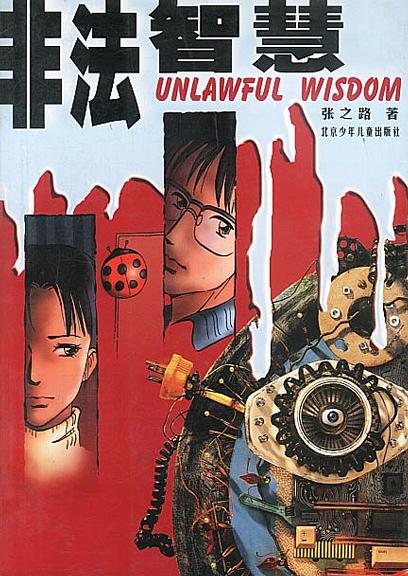
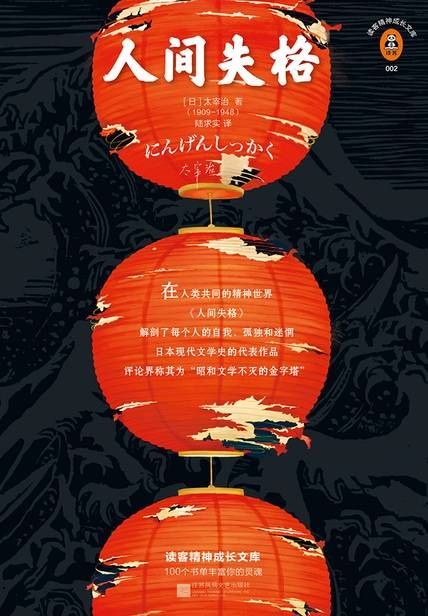
发表评价